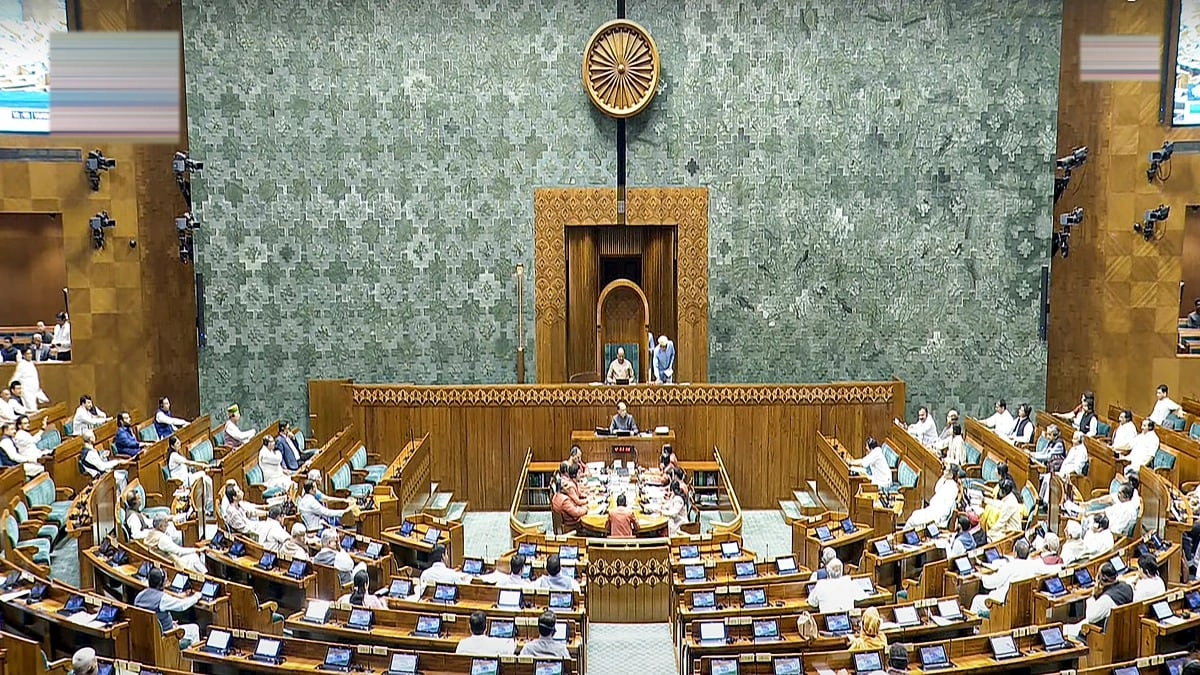The Waqf Bill is set to be presented in the Lok Sabha today, amidst a backdrop of ongoing political tensions. This legislation aims to reform the management and governance of Waqf properties, which are properties donated for religious or charitable purposes in Islam. The bill is intended to enhance transparency, accountability, and efficiency in the administration of Waqf assets, which have historically been marred by mismanagement and corruption. By establishing a more structured framework, the bill seeks to ensure that these properties are utilized effectively for the benefit of the community and the intended charitable causes.
However, the introduction of the Waqf Bill is occurring during a period of significant political standoff, which could complicate its progress through the legislative process. Various political parties have expressed differing opinions on the bill, with some supporting its aims to improve governance and others raising concerns about potential overreach or misinterpretation of its provisions. This divide highlights the broader political landscape, where contentious issues often lead to heated debates and can stall crucial legislative initiatives. The successful passage of the Waqf Bill may depend on the government’s ability to navigate these political tensions and build a consensus among the diverse political factions within the Lok Sabha.
As the bill is tabled, stakeholders from various sectors, including religious leaders, community representatives, and legal experts, will be closely monitoring the discussions. Their input will be vital in shaping the final form of the legislation, as they can provide insights into the practical implications of the proposed reforms. For instance, ensuring that the rights of Waqf property beneficiaries are protected while also promoting transparency will be a key concern. The outcome of today’s session could set a precedent for how similar legislative measures are handled in the future, particularly in a politically charged environment. Overall, the introduction of the Waqf Bill serves as a significant moment in the ongoing dialogue about property management and social responsibility within the context of religious institutions in India.




